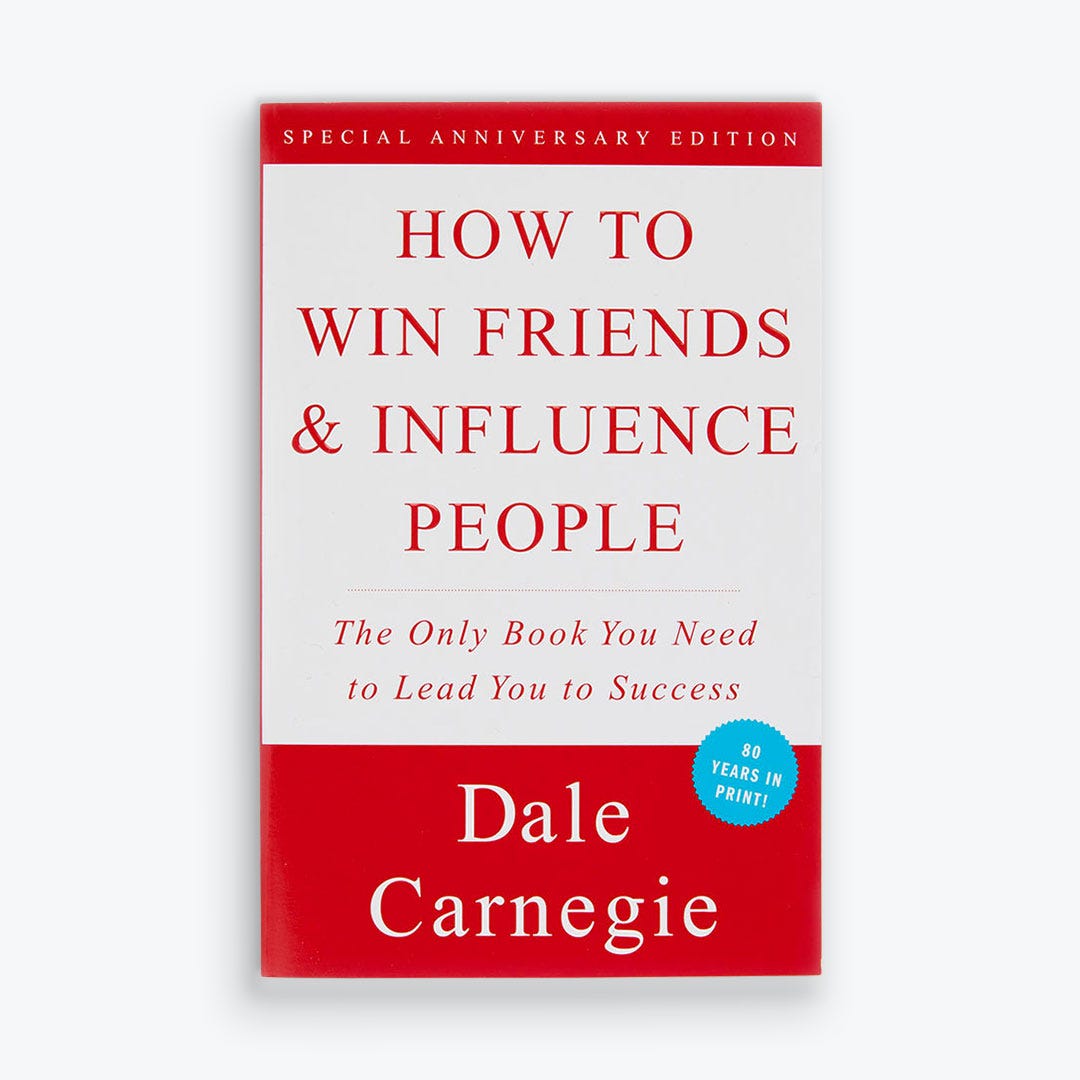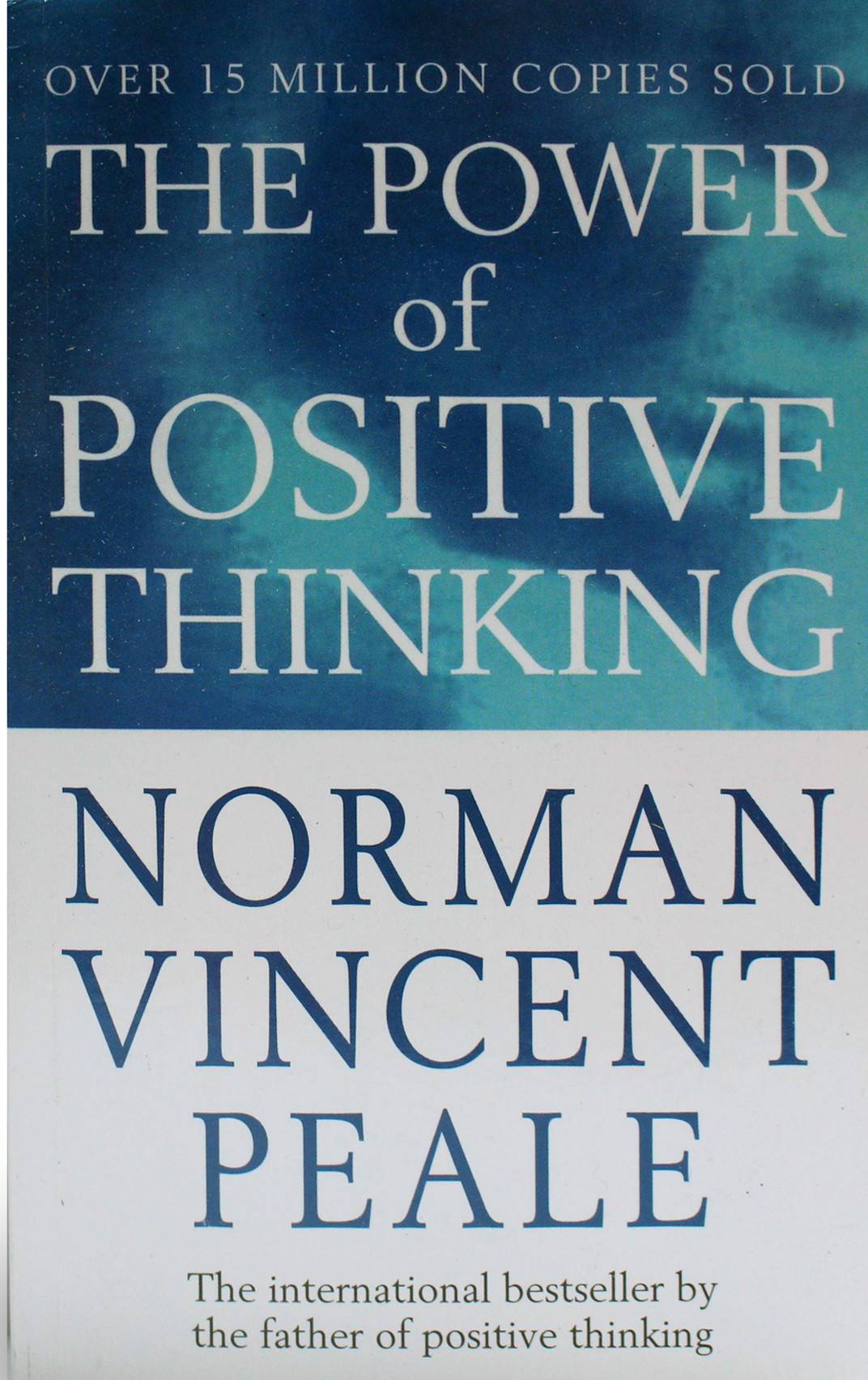In creative real estate, knowledge is the currency of success. If you’re a beginner thinking of getting into real estate, you’re in the right place. In this blog post, we’ll explore Andrew Schlag’s handpicked selection of the “Best Real Estate Investment Books for Beginners.”
These books we’re recommending are not just great reads, but are essential tools that can lay a strong foundation for your first real estate deal.
Real estate investing can be a lucrative endeavor, but it’s also a complex and ever-evolving field.
To succeed, you need more than just ambition – you need knowledge. That’s where these books come in.
“How to be a Quick Turn Real Estate Entrepreneur in Any Economy” by Ron LeGrand

Ron LeGrand’s book is a treasure trove of insights for aspiring real estate investors. The book primarily focuses on the concept of “quick turn” or “wholesaling” in real estate.
LeGrand walks readers through the strategies and tactics required to identify, secure, and profit from real estate deals rapidly. Key concepts covered in the book include:
- Finding Deals: LeGrand offers practical advice on where and how to find motivated sellers and distressed properties, a critical skill for anyone entering the real estate market.
- Negotiation Techniques: The book provides a toolbox of negotiation techniques to secure properties at favorable terms, even in competitive markets.
- Deal Structuring: LeGrand discusses various deal structures, helping beginners understand how to create win-win situations for themselves and sellers.
- Marketing and Lead Generation: Readers learn effective marketing strategies for attracting potential leads and building a pipeline of opportunities.
- Exit Strategies: LeGrand outlines multiple exit strategies, allowing beginners to adapt to different market conditions and maximize profits.
Why It’s Suitable for Beginners
Ron LeGrand’s book is particularly suitable for beginners because it’s clear and practical. The book offers a step-by-step guide that is easy to follow, making it accessible for those with limited prior knowledge of real estate.
There is a huge focus put on wholesaling, which is often considered a low-risk entry point into real estate investing.
For beginners, finding good real estate deals is a fundamental challenge. LeGrand’s book equips readers with the skills to identify and secure profitable opportunities.
Our Verdict
We can attest to this book’s practicality. Ron LeGrand’s approach to wholesaling is straightforward and actionable. It offers a bridge from theory to practice, which can be immensely helpful for beginners looking to make their first real estate investments.
Additionally, LeGrand’s emphasis on marketing and lead generation provides valuable insights into the importance of proactively seeking opportunities in real estate. These are invaluable lessons, and why we think it is one of the best real estate investment books for beginners out there.
“How to Win Friends and Influence People” by Dale Carnegie

While “How to Win Friends and Influence People” may not seem like a traditional real estate book, its principles are immensely relevant to the industry.
Real estate is not just about properties; it’s about people. Successful real estate transactions often hinge on strong interpersonal relationships.
Dale Carnegie’s book touches upon subjects like:
- Building Rapport: The importance of building genuine connections and rapport with others cannot be understated. In real estate, establishing trust and rapport with clients, fellow agents, and stakeholders is paramount. Clients are more likely to work with someone they trust and feel comfortable with.
- Effective Communication: Real estate transactions involve complex negotiations and discussions. Carnegie’s principles encourage effective communication, which is crucial in conveying information clearly, negotiating terms, and addressing concerns. Effective communication minimizes misunderstandings and leads to smoother transactions.
- Understanding Others’ Perspectives: Carnegie’s book emphasizes the importance of understanding and respecting the perspectives and desires of others. In real estate, this means actively listening to clients’ needs and preferences, tailoring solutions to their goals, and demonstrating empathy.
- Influencing Decisions: Real estate professionals often need to influence decisions, whether it’s convincing a buyer to make an offer, persuading a seller to accept an offer, or negotiating with other parties involved in a transaction. Dale Carnegie’s principles provide valuable guidance on the art of persuasion and influence.
Applying Dale Carnegie’s Principles in Real Estate
To apply Dale Carnegie’s principles in real estate, first and foremost, consider active listening. Listen to your clients and colleagues, get to know them and understand their concerns. You’ll be in a better position to give answers when you’re well-informed.
Also, make it a point to give compliments. Be sincere, and recognize the unique qualities of your clients and business partners. Try to avoid criticism, instead focus on finding common ground and mutually beneficial solutions.
Lasly, always and we mean always, remember names. Dale Carnegie emphasizes the importance of remembering people’s names. This personal touch can leave a lasting positive impression.
“The Power of Positive Thinking” by Norman Vincent Peale

Norman Vincent Peale’s “The Power of Positive Thinking” is another book that while does not directly discuss real estate transactions, its principles are deeply intertwined with the mindset and attitude required for success in this industry.
Impact of Positive Thinking in Real Estate
- Confidence and Resilience: Positive thinking fosters confidence and resilience. Real estate can be challenging, with ups and downs. Maintaining a positive outlook can help you persevere through obstacles and setbacks.
- Attracting Opportunities: Optimism tends to attract opportunities. When you approach your real estate endeavors with a positive attitude, you are more likely to notice and capitalize on potential deals and networking opportunities.
- Building Client Relationships: Clients are drawn to agents and investors who radiate positivity and confidence. A positive demeanor can instill trust and make clients more comfortable working with you.
- Problem-Solving: Real estate often involves solving complex problems. A positive mindset encourages creative problem-solving and the ability to see solutions where others might see obstacles.
Applying the Book Principles in Real Estate
To apply the principles of positive thinking in your real estate career, visualize your real estate goals and success. Create a mental picture of the outcomes you want to achieve, whether it’s closing a deal, expanding your portfolio, or helping clients achieve their dreams.
Use positive affirmations to reinforce your confidence and goals. Repeating affirmations related to your real estate aspirations can help boost your self-belief.
Seek out positive influences and surround yourself with supportive individuals in the real estate community. Engage with mentors, peers, and networks that promote optimism and growth.
Learn from setbacks. Instead of dwelling on failures, view them as opportunities to learn and grow. Maintain a constructive outlook and adapt your strategies accordingly.
Bonus Reading (More Real Estate Investment Books for Beginners)
So, the books mentioned above are essential reading and can lay a strong foundation for beginners in real estate.
However, there are other books that can expand your horizons. They might not make our original list, but they are definitely still some of the best real estate investments books for beginners.
Rich Dad Poor Dad” by Robert Kiyosaki
This iconic book challenges conventional wisdom about wealth and introduces the concept of financial literacy. While not solely focused on real estate, it emphasizes the importance of assets, liabilities, and passive income, making it a must-read for aspiring real estate investors.
“Real Estate Investing for Dummies” by Eric Tyson and Robert S. Griswold
As part of the “For Dummies” series, this book provides a comprehensive guide to real estate investing. It covers a wide range of topics, from property types to financing strategies, making it an excellent resource for beginners seeking a well-rounded education.
“The Millionaire Real Estate Investor” by Gary Kelle
Written by the co-founder of Keller Williams Realty, this book explores the strategies used by successful real estate investors. It provides valuable insights, profiles of millionaire investors, and a roadmap for building wealth through real estate.
“Real Estate Investing: Market Analysis, Valuation Techniques, and Risk Management” by David M. Geltner and Norman G. Miller
For those looking for a more analytical and data-driven approach to real estate investing, this book delves into market analysis, valuation methods, and risk management. It’s a valuable resource for understanding the financial aspects of real estate.
These additional books provide a well-rounded selection for readers eager to explore various facets of real estate investing. Whether you’re interested in financial literacy, practical strategies, or a deeper dive into the industry, these titles offer valuable knowledge and guidance on your real estate journey.
How to Choose Which Book to Start With
While you’ll learn a lot from all the books in our article today, we understand that you need to start somewhere. It’s essential you make that call based on your goals and immediate interests.
Consider what you hope to achieve in real estate investment. Are you looking to generate passive income, flip properties for profit, or build a diverse portfolio?
Identify your specific interests within real estate, such as residential properties, commercial properties, or specialized niches like multifamily or vacation rentals.
Think about your long-term objectives, whether it’s financial independence, wealth accumulation, or helping others find their dream homes.
Takeaway (Best Real Estate Investment Book for Beginners)
Knowledge truly is power. Books are your gateway to a world of wisdom, strategies, and insights that can empower you to make informed decisions and excel in the real estate industry.
Andrew Schlag’s personal favorite is Ron LeGrand’s “How to be a Quick Turn Real Estate Entrepreneur in Any Economy” since it offers practical strategies for fast success. However, any number of books discussed in the article today will give you the tools to succeed.
The world of real estate investment is full of opportunities, challenges, and potential for growth. Your commitment to continuous learning through books is a significant step toward achieving your goals and thriving in this dynamic industry.
Want to learn more? Join our community of real estate gurus today.

